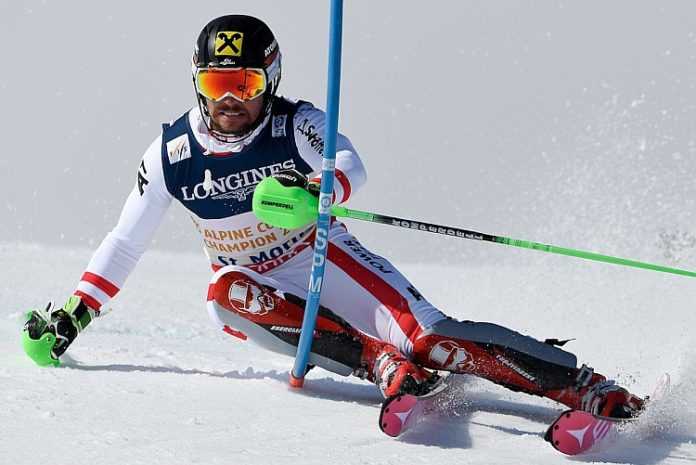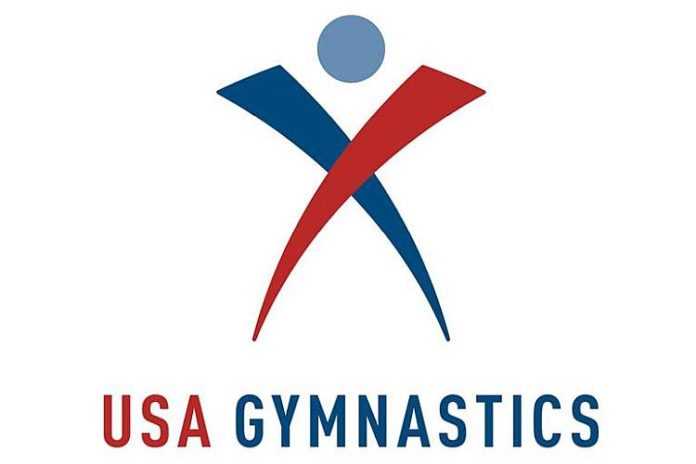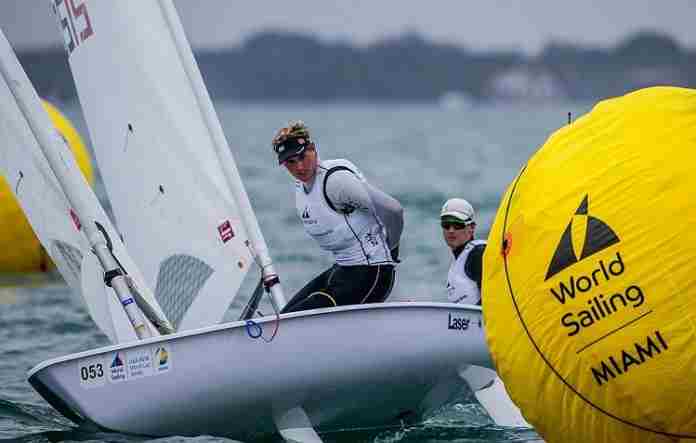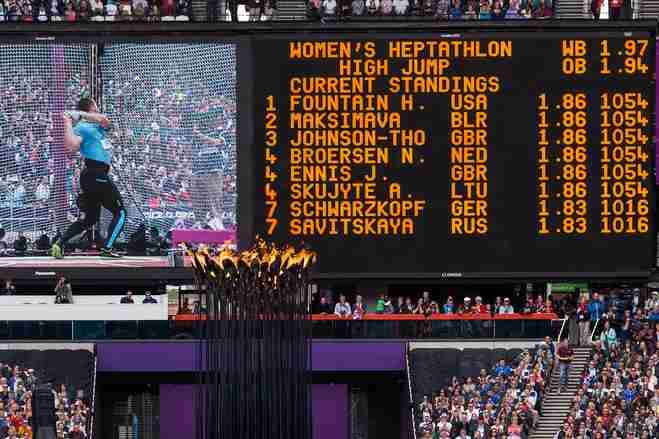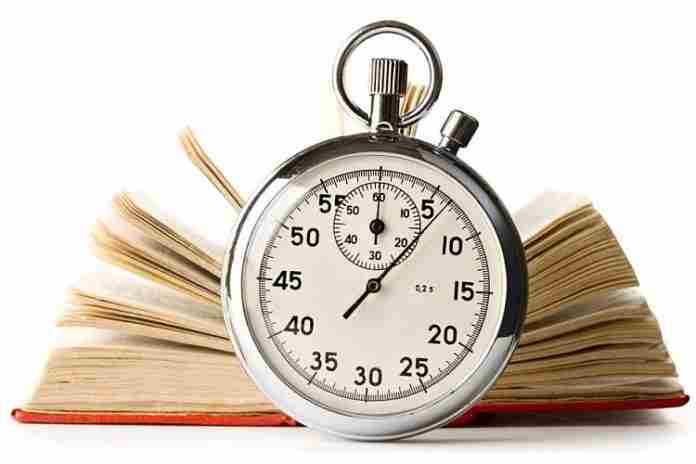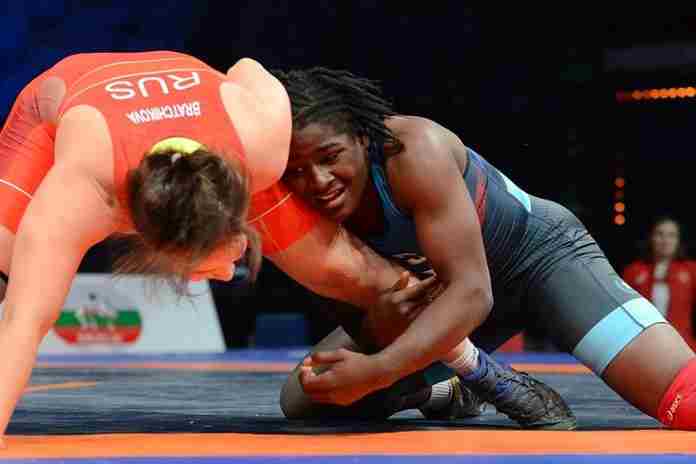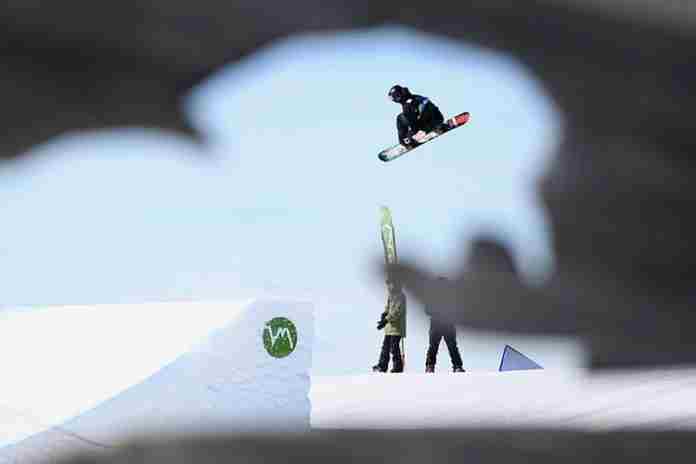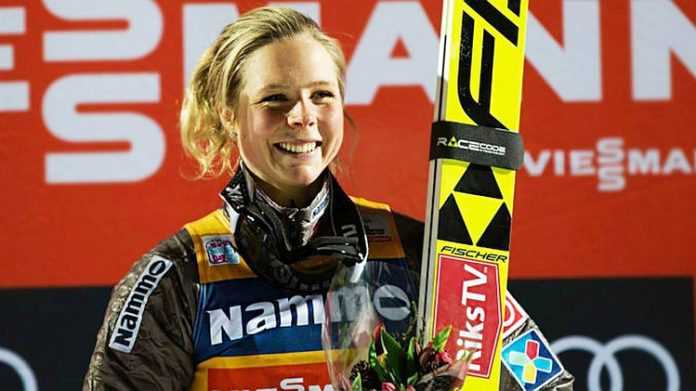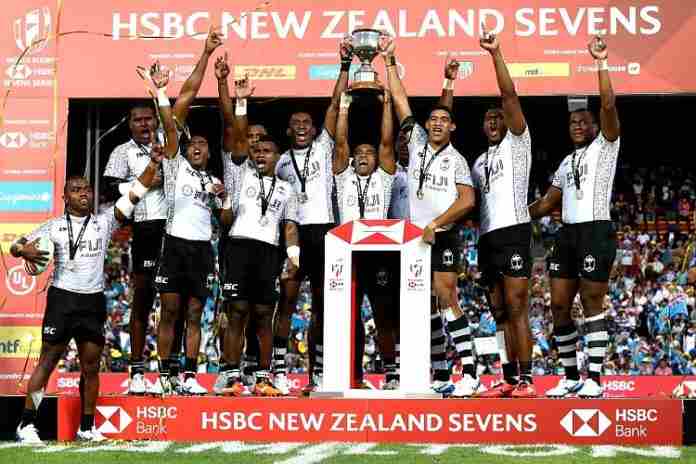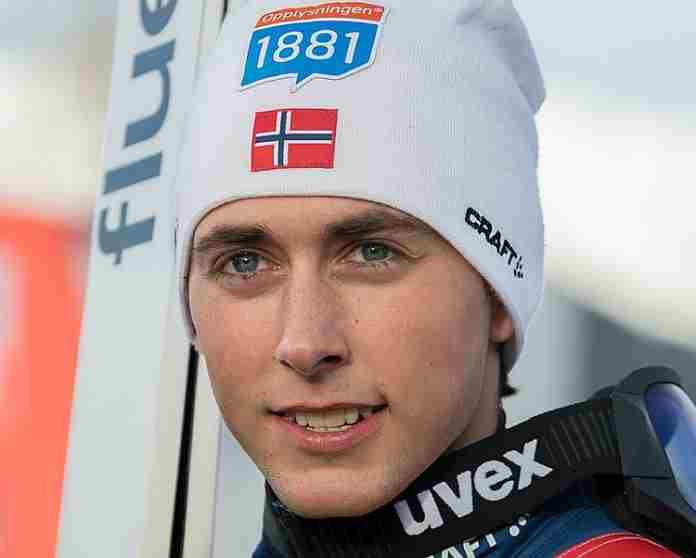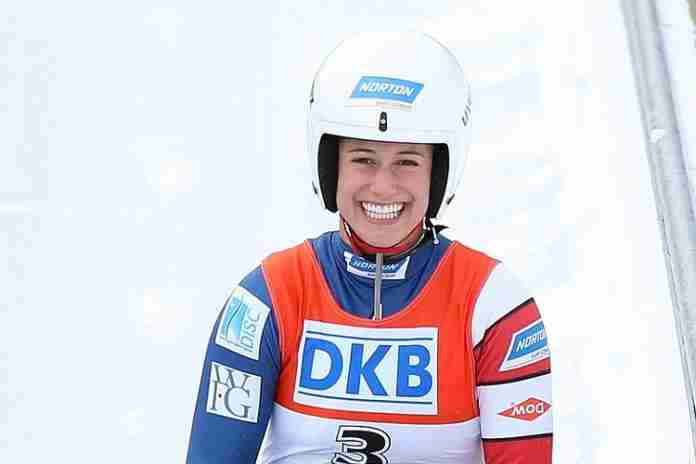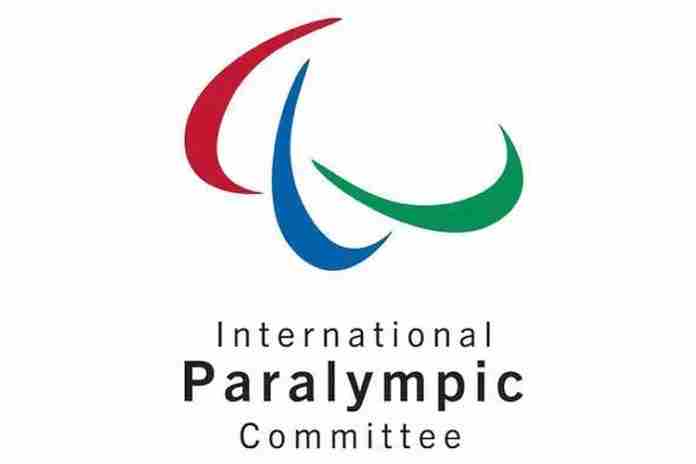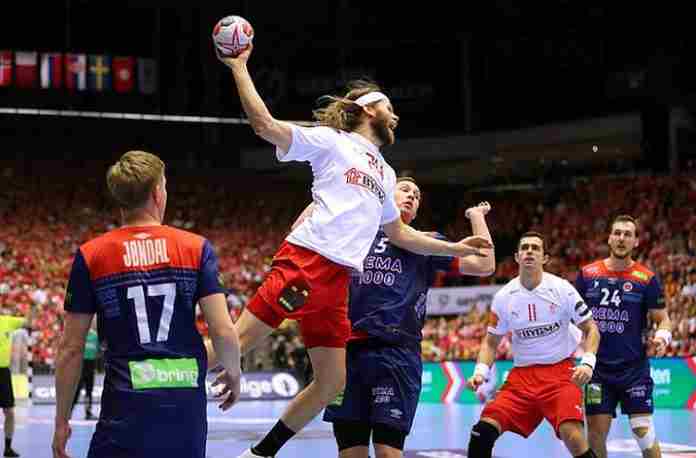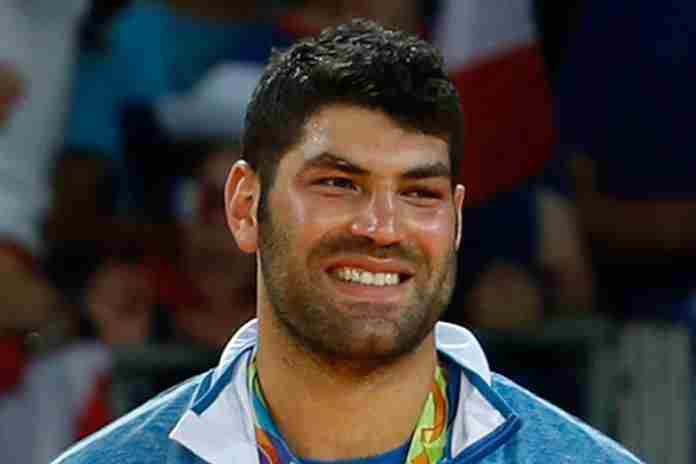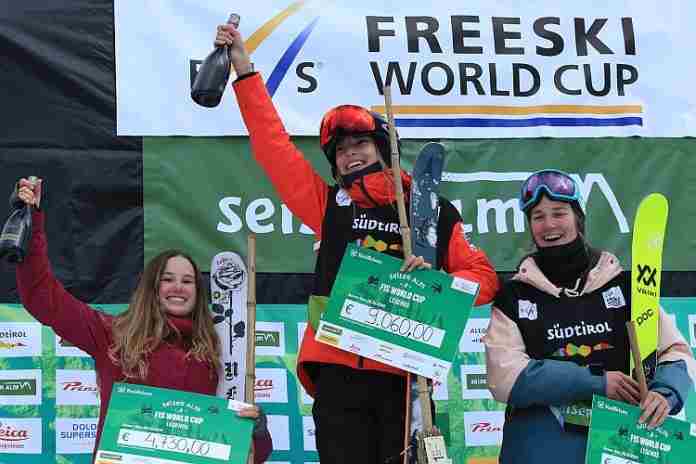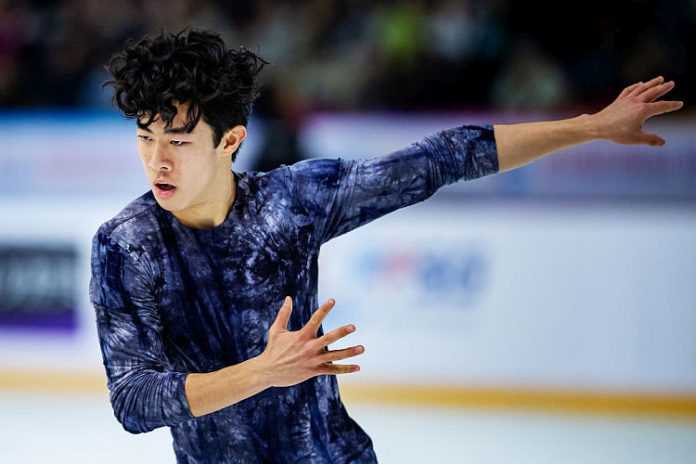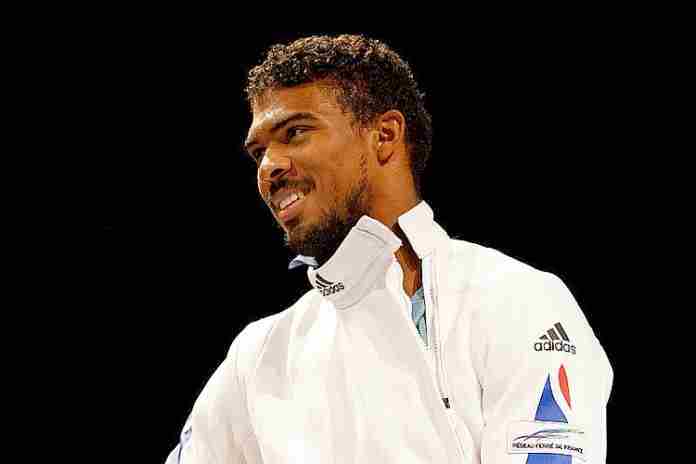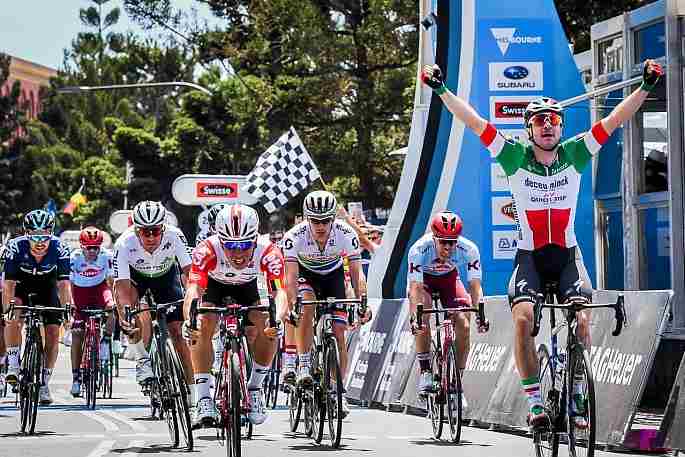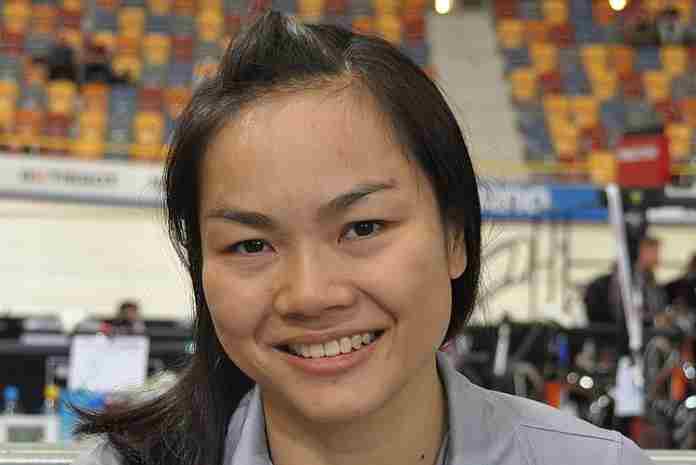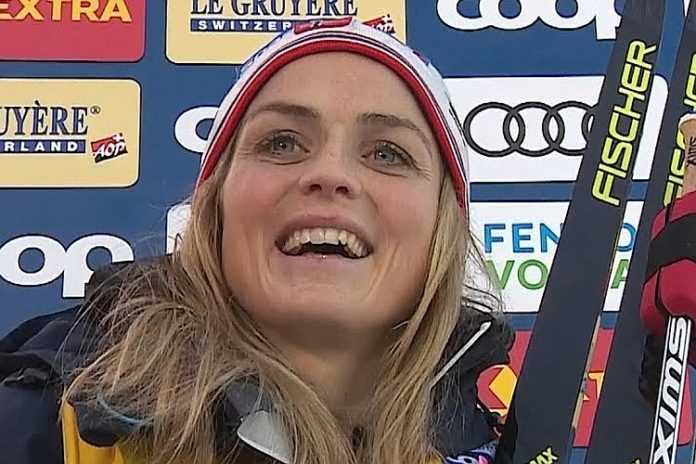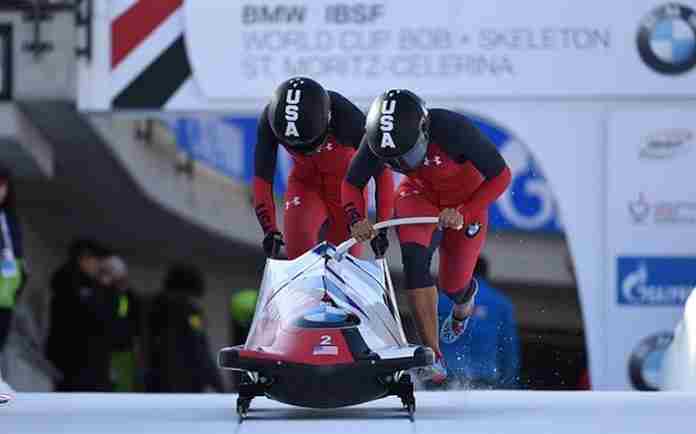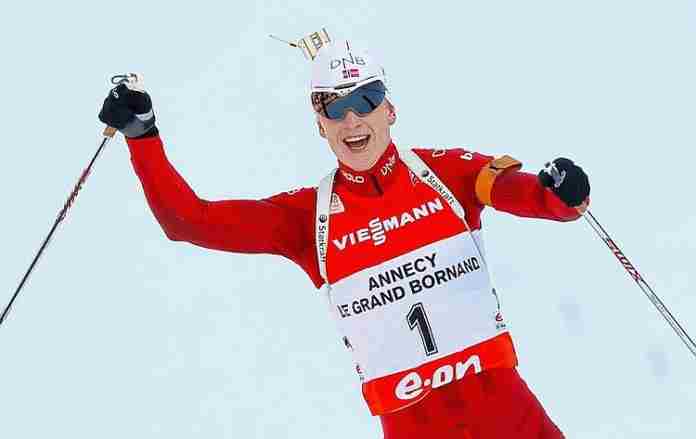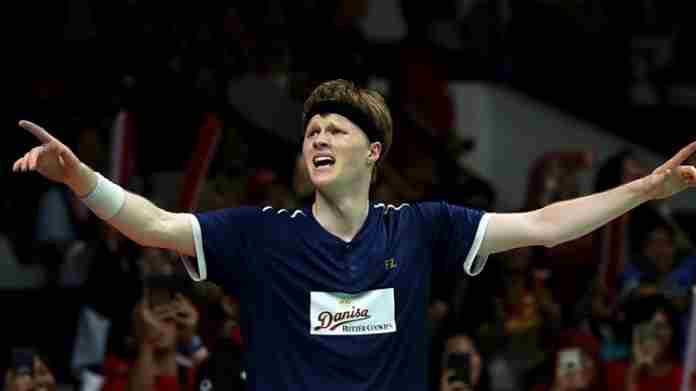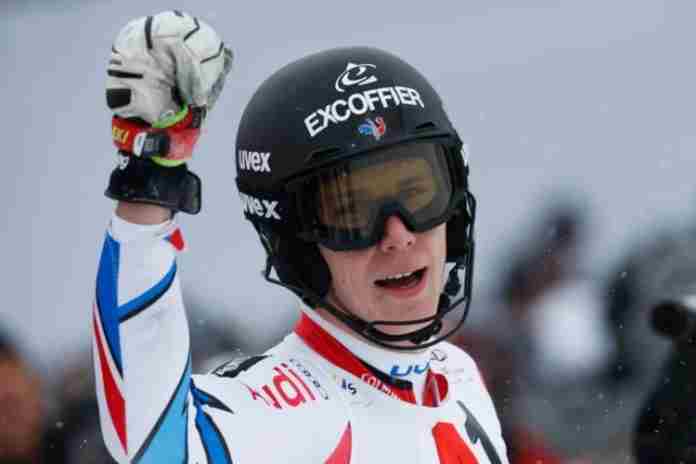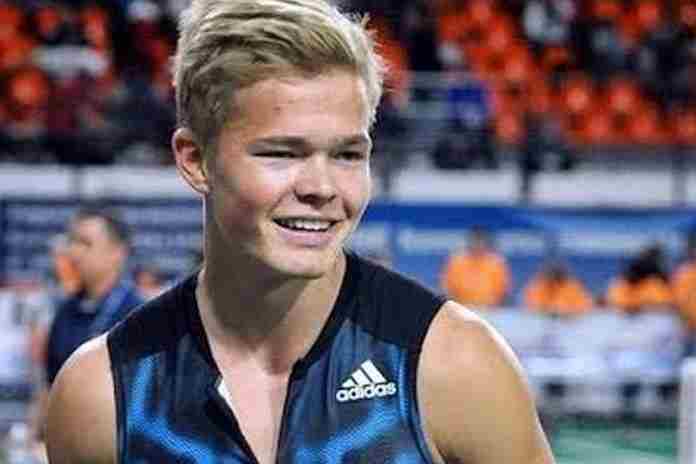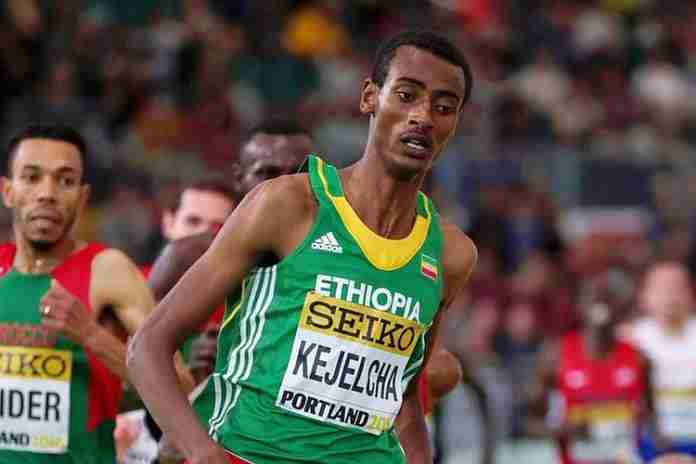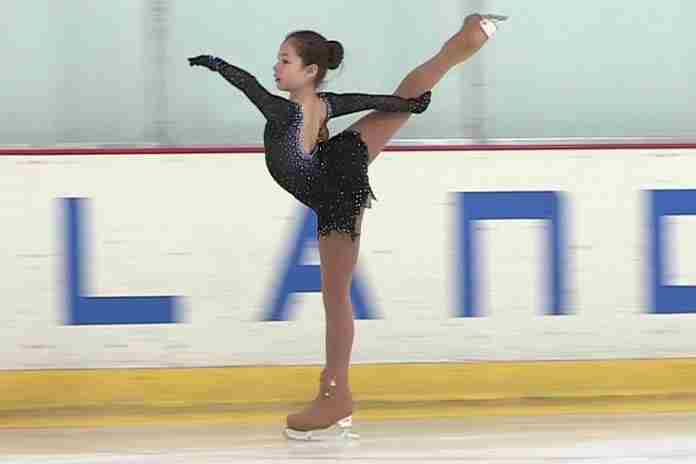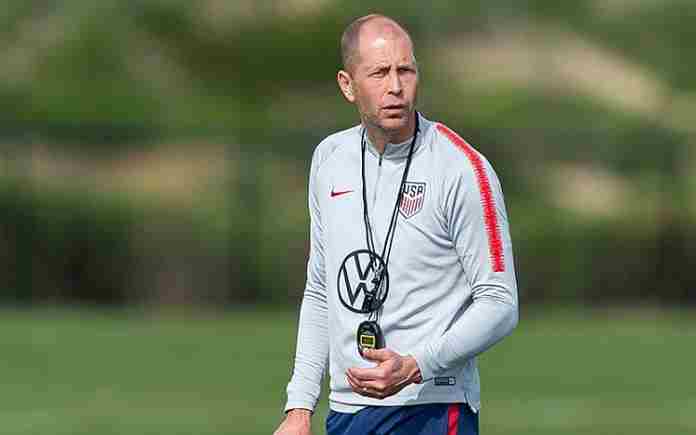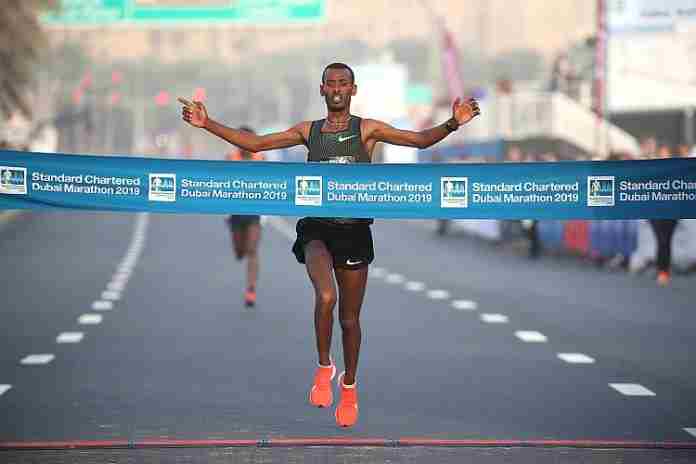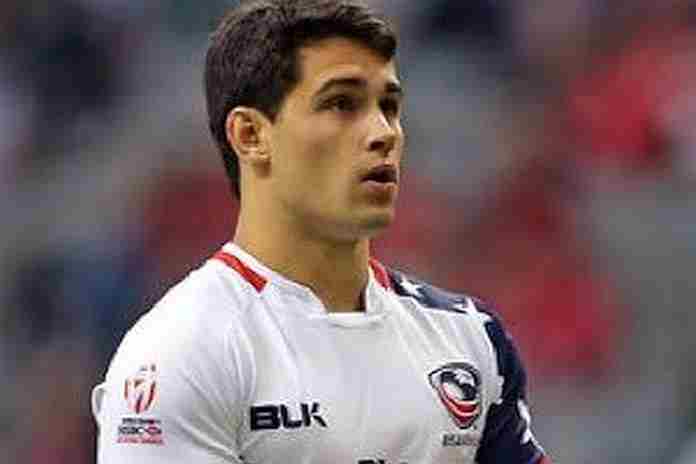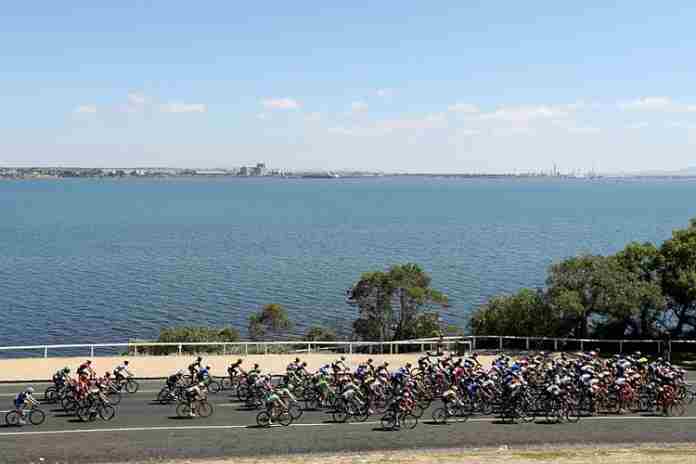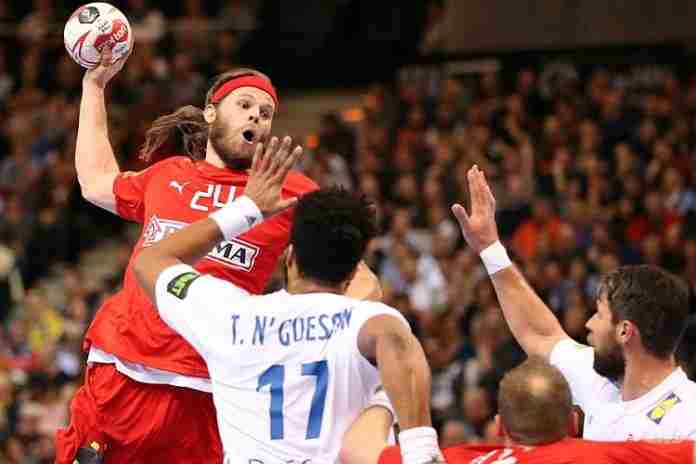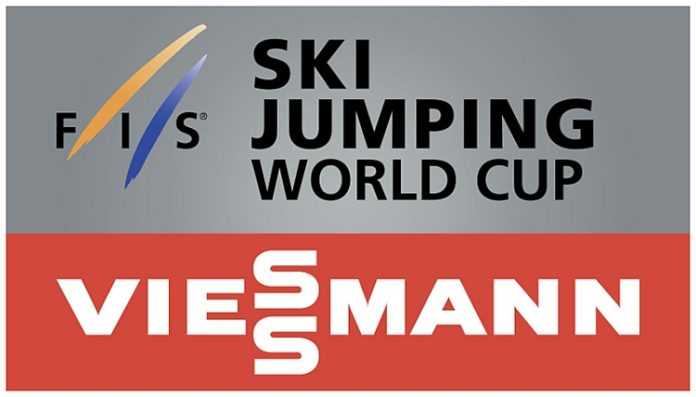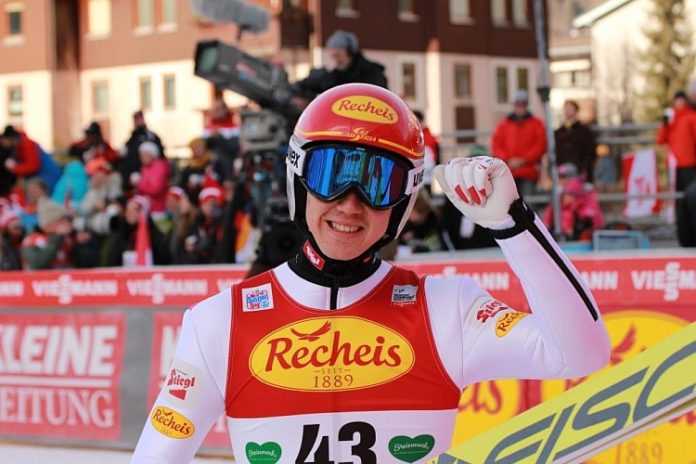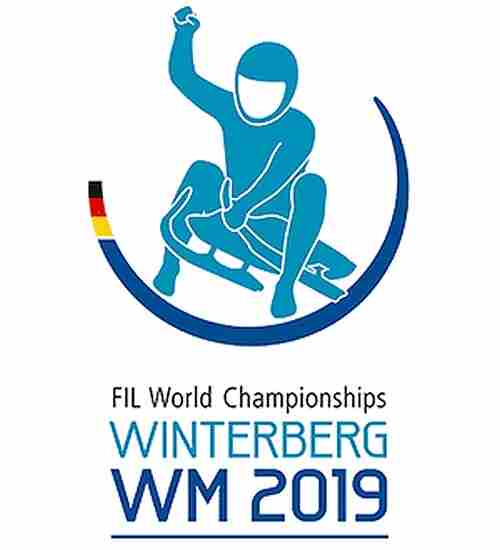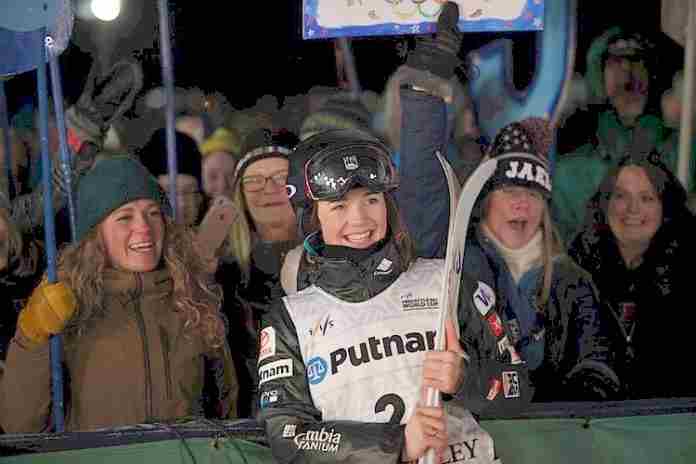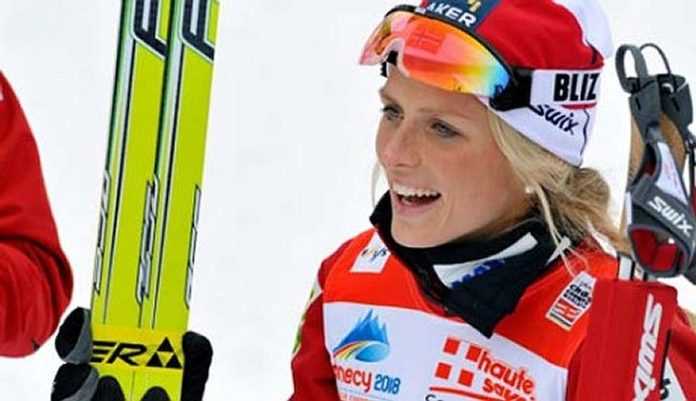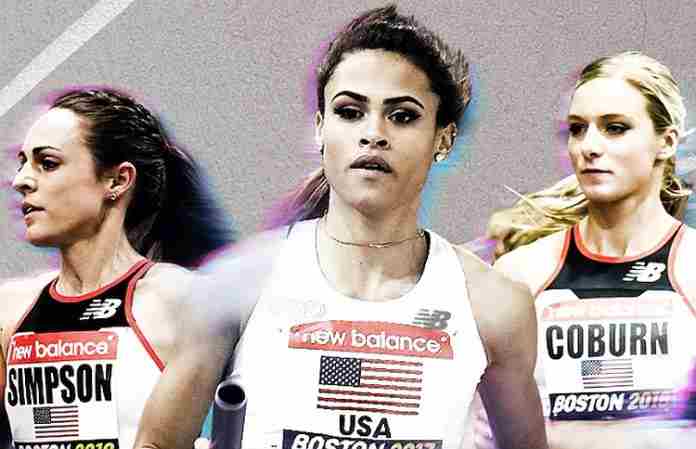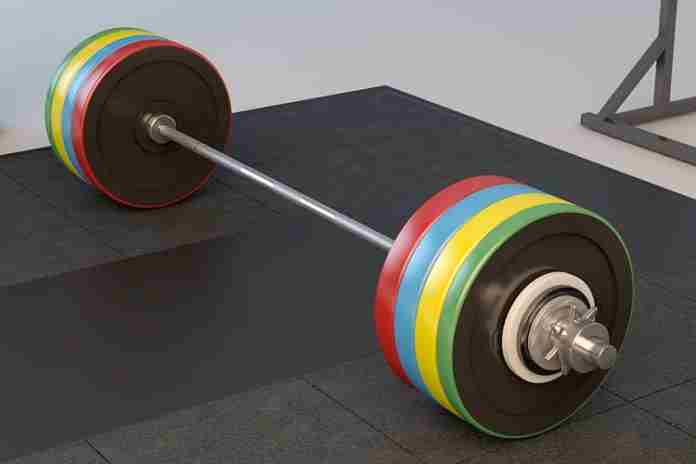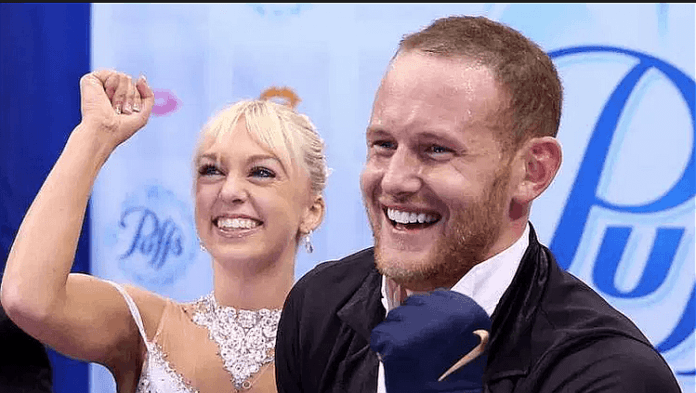Let’s start with the simple fact that John Coughlin’s death is a tragedy.
Whatever the circumstances and reasons that led the 33-year-old former national pairs skating champion to take his own life Friday, as his sister’s Facebook post confirmed, they do not mitigate the pain Coughlin’s passing has brought to his family and friends.And the desire of many people to express their love and support for Coughlin does not mitigate the pain of those victimized by his alleged misconduct, which was duly reported to the organization empowered to investigate it.
Coughlin’s death leaves many questions specific to his case that likely will never be answered and other, broader questions that should continue to be asked.
Yet too many people have felt compelled to draw conclusions based on assumptions, misinformation and misunderstanding.
The only publicly official information about the case is this: Coughlin was placed in restricted status by the U.S. Center for SafeSport last month and then given an interim suspension last week, all after SafeSport received reports of misconduct involving him. Both the restriction and suspension are interim measures SafeSport can apply while investigating and adjudicating a case.
SafeSport spokesman Dan Hill would not comment on the reports.
Safe Sport’s focus is on sexual misconduct and abuse. Its statistics show that 70 percent of the 1,832 total reports the Center received from March 3, 2017 through November 2018 involved allegations of sexual misconduct or involved misconduct prohibited by the SafeSport Code and “reasonably related” to an underlying allegation of sexual misconduct.
Of the 262 cases on which SafeSport had so far rendered a decision of “permanently ineligible,” approximately 90 percent were for sexual misconduct.
Christine Brennan reported Sunday on USA Today’s website that SafeSport had received three reports alleging sexual misconduct by Coughlin and that two involved minors.
Without detailing the nature of the reports other than to say, “Allegations of Misconduct,” SafeSport put information about its actions related to Coughlin on its website. The suspension notice, which superseded the previous restriction, was posted last Thursday and removed from the SafeSport website early Wednesday.
“The Center staff pulls the names of deceased individuals from the database,” Hill explained. “It’s not a historical record, rather a database for current use.”
Safe Sport does not list specific prohibitions or give a time frame to an interim suspension. The prohibitions are specified by the governing body of the athlete involved. U.S. Figure Skating posted those terms on its web site Thursday.
Pending resolution of the case, the prohibitions prevented or had the effect of preventing Coughlin from doing nearly everything he had done in the sport since leaving competitive skating in 2014: coaching, commentating, representing an equipment manufacturer and serving on international and national figure skating athletes’ commissions.
Some criticize a system that allows the person alleged to have committed the misconduct to be publicly identified before the case is resolved, especially if the person has not been publicly charged by law enforcement.
Others have criticized both Brennan and Dave Lease of The Skating Lesson for bringing attention to information about Coughlin’s case that was publicly available on SafeSport’s website – although not publicized, so it went unnoticed for several weeks.
Such criticism is ill conceived.
The intention of SafeSport is to help protect athletes, especially minors, from being abused.
By not identifying people whose actions have generated reports of abuse, the alleged abuser gets potential free rein to continue such misconduct before SafeSport resolves the case, which often is a lengthy process.
“The pendulum swings back and forth on these things,” Hill said. “You can’t chase public opinion. You have to stick to what you were created to do.
“We have to empower people to speak up, and we have to protect reporting parties so there isn’t any retaliation.”
The sexual abuse scandal in gymnastics has led to a national and Congressional outcry about providing more protection for young athletes and supporting athletes who come forward with complaints of misconduct.
In Coughlin’s case, sources have confirmed that the initial SafeSport notice of a restriction, posted Dec. 17, led others to come forward with reports.
The restriction decision was like a restraining order, designed to prevent the parties involved from coming into further contact with each other. Neither the restriction nor the suspension requires final resolution; they are put in place for safety reasons, according to Hill.
Hill added that a determining factor in issuing interim sanctions is whether the individual is in a position to possibly cause harm or whether there are people within the individual’s sphere to whom he or she could possibly cause harm.
Hill reiterated to me what he had first said to USA Today: that the SafeSport investigation into Coughlin is unlikely to continue after his death.
“We don’t know yet, but more than likely there will not be any further investigation,” Hill said Monday. He added Wednesday that the decision on whether to continue has not been made and is not connected to removal of information about Coughlin from the database.
“When it comes to sexual misconduct, these cases rely heavily on testimony,” Hill said. “Without one of the parties, how do we do an investigation? He (Coughlin) wouldn’t get to defend himself or to give conflicting testimony. And it’s not certain that the reporting parties would want to participate at this point.”
Many who have commented on social media about the organization’s actions in the Coughlin case clearly do not understand how SafeSport works. And beyond informing people about that, there is a need for continued discussion about the SafeSport system and its operations since the center opened in March 2017.
 The SafeSport disciplinary records search page.
The SafeSport disciplinary records search page.
A few points:
• Every athlete, coach, official and administrator under the jurisdiction of a national sports federation, known as a National Governing body, or of the U.S. Olympic Committee is subject to the SafeSport Code. If you’re involved in an Olympic sport, the Code covers you.
• While funded in part by the government, SafeSport is not a government actor. It does not give criminal sanctions, nor does it follow criminal procedures. It has its own rules and procedures.
• SafeSport’s standard of proof for interim measures is “reasonable cause.” For final adjudication, it is “preponderance of the evidence,” as in civil or administrative law. SafeSport’s rules expressly state that a person may be found to have committed sexual misconduct punishable under the SafeSport Code even if that person is acquitted of a criminal charge or legal authorities decline to prosecute that person for such conduct.
• SafeSport does not follow criminal rules of “due process” but rather what can described as “fair process,” the same protection a college student or employee of a company would get if accused of sexual misconduct by the college or employer.
“It’s common for organizations like ours to have a civil standard,” Hill said. “Criminal cases of sexual assault are very rarely prosecuted. If we had a criminal standard, a lot of what goes on in sports would continue to go on.”
(Statistics from the National Sexual Assault Hotline show that of every 1,000 rapes, just 230 are reported to police, while just nine of those 230 are referred to prosecutors and just five result in convictions.)
• The Protecting Young Victims from Sexual Abuse and Safe Sport Authorization Act, passed by Congress last February, compels amateur athletics governing bodies and other amateur sports organizations to report sex-abuse allegations to local or federal law enforcement or to a child-welfare agency designated by the Justice Department within 24 hours.
SafeSport is compelled to inform law enforcement of reports involving minors. In some of those cases, Hill said, SafeSport steps back. In some, law enforcement uses evidence SafeSport has gathered. In others, SafeSport is able to rely on evidence from law enforcement to issue an interim suspension.
• Critics of SafeSport have noted it is trying to do too much with too little, in terms of both financial resources and personnel, a point with which its former CEO agreed. Although SafeSport is independent, others feel it is not independent enough from the USOC, which established SafeSport and provides much of its funding. That Malia Arrington, SafeSport chief operating officer until last November, had come directly from the USOC underscored the independence issue.
Attorney and Olympic swimming champion Nancy Hogshead-Makar, a frequent critic of what she says is the USOC’s failure to focus on athlete’s needs, said the issue of USOC funding SafeSport does not bother her. Nor, she said, except in cases like that of Arrington, does she find an all-encompassing conflict-of-interest issue in having someone on the SafeSport board or in its employ who has been connected to the USOC.
“As long as a reasonable amount of time passes, say two-to-four years, and they aren’t jumping from one to the other, that shouldn’t disqualify a person,” she said.
• SafeSport has been overwhelmed by the number of reports it is receiving, and the organization currently has just seven full-time investigators and eight contracted investigators. That means nearly half (845) of those 1,832 reports received from March 3, 2017 through November 2018 remained “open matters” as of Monday.
The impact of that is a person receiving a restriction or interim suspension may wait months for a resolution of his or her case. During that time, the terms of the suspension levied by a governing body could make it nearly impossible for the suspended person to earn a living until the case is resolved.
Remember, though, that the purpose of the interim measures is to help prevent further abuse by the person reported to have committed it.
The number of reports speaks to the awful scope of sexual misconduct in sports, particularly those sports involving young elite athletes. They mean SafeSport needs a lot more money to work effectively and expeditiously. Its 2019 budget is $11.3 million, according to figures provided by SafeSport.
Congress and the USOC both have talked a good game about protecting young athletes. Now both – especially Congress – must put much more money where their good intentions are.
• Information about SafeSport actions is not easily found on its website. Rather than having a complete list on a single page, the site requires a search by name or sport. SafeSport also does not announce disciplinary actions other than to post them, leaving discovery of them like looking for a needle in a haystack.
Hill said there are potential legal issues in having a straight list rather than a searchable database. But the federal legislation authorizing SafeSport provides protection from liability for “defamation, libel, slander, or damage to reputation arising out of any action or communication. . .” unless intentional deception was involved in releasing information. That allows SafeSport to issue interim rulings and make them public, with no restriction on the way they are posted.
None of SafeSport’s shortcomings are necessarily mitigation for those who have been subject to its disciplinary action. They simply are areas that must be addressed.
Nor does it make sense for SafeSport to withhold publication of preliminary actions based on credible evidence until a case is resolved. That would allow those reported for misconduct to escape needed scrutiny for too long.
Yes, there is a risk of reputation damage for someone falsely accused and later cleared. That has to be weighed against the risk of psychological and physical damage to children with whom the accused can continue to interact.
A 2010 study of false accusations of sexual assault concluded the “prevalence of false accusations is between 2 and 10 percent.”
Underpinning all this is the presumption that SafeSport is well aware of the impact its actions can have and has done due diligence before taking action. Those who think SafeSport should be required to release all the information involved in its decisions should also consider the deterrent effect that could have on victims’ willingness to report abuses.
We all should know by now how difficult it is for victims of sexual assault or abuse to come forward.
Only John Coughlin and those who reported him for misconduct know or knew what happened. Those who feel SafeSport should keep investigating so that his name might be cleared must remember that the opposite outcome also would be possible.
At this point, with the figure skating community gathered in Detroit for the U.S. Championships, it might be best to mourn Coughlin’s passing, to comfort and support both his family and also those who reported being victims of his alleged misconduct, to address ways to make SafeSport more effective in helping protect our children, to use this tragedy as more than a forum for emotional name-calling and finger-pointing.























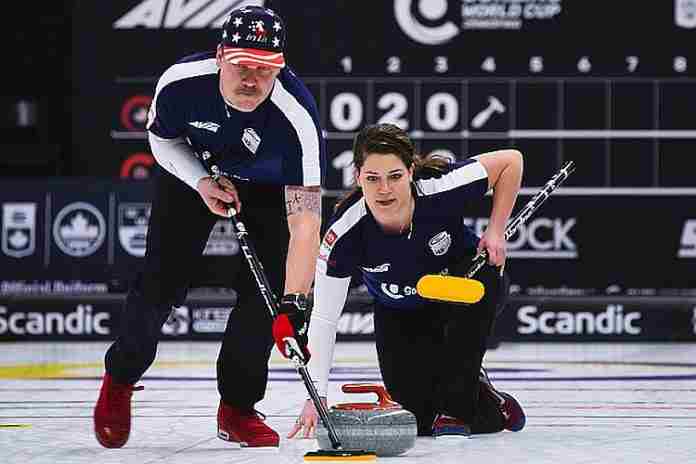
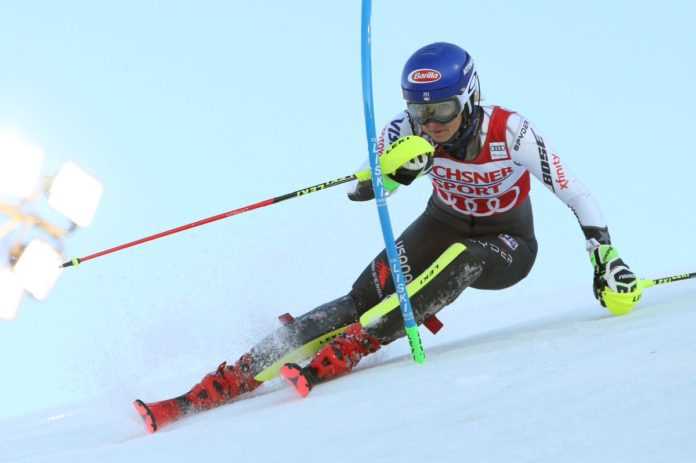

 With all of the news about Congressional commissions and inquiries into the United States Olympic Committee, an important story appeared in the 21 January issue of the
With all of the news about Congressional commissions and inquiries into the United States Olympic Committee, an important story appeared in the 21 January issue of the 
